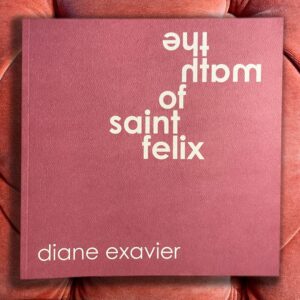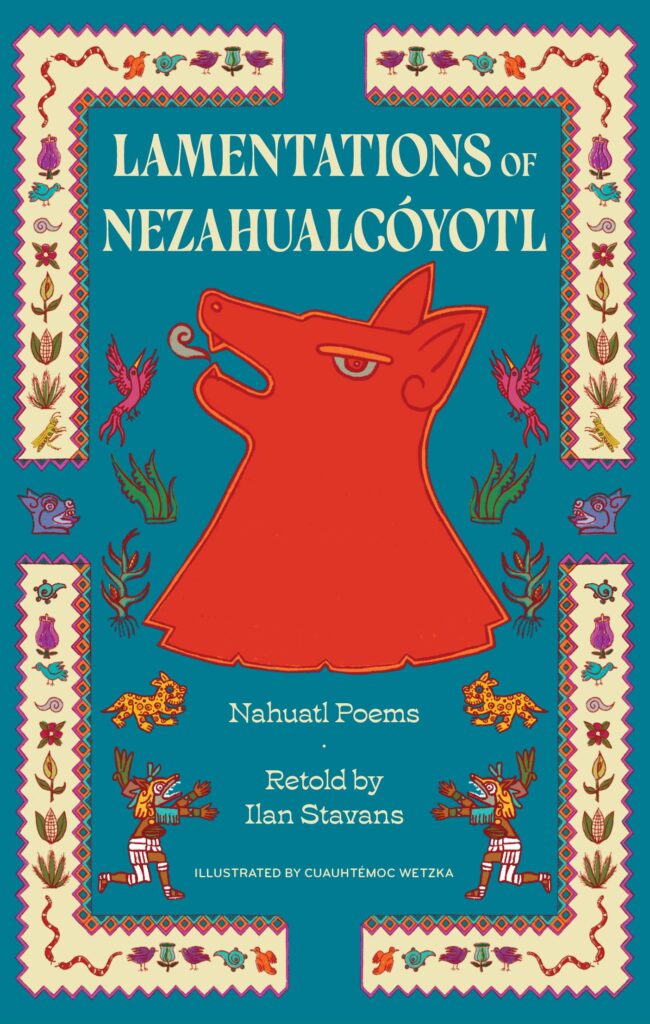By KATE GASKIN
After she died
the crocuses bloomed
and the purple phlox.
The daffodils bloomed
and the snowdrops.
The star magnolias bloomed
and the forsythia.
By KATE GASKIN
After she died
the crocuses bloomed
and the purple phlox.
The daffodils bloomed
and the snowdrops.
The star magnolias bloomed
and the forsythia.
at cedar park café, praised for their chicken & waffles,
i sit at the corner table, & a young blonde child
with their family in front of me takes a sip of water,
looks right at their parents, raises their right hand,
back straight: i commit to not look at my phone,
even when it’s right in front of me.
i make the same commitment to myself every day.
before recovery, no amount of self-control could bring myself
to stop it. i was sort of big but the phone was bigger.
this compulsion is real & serious—i thought it, i knew it,
i’d pray for my behavior to change the next day.
first thing the next morning, my hand would up
& move itself, no thought of the rest of the body.
like any addict there is hope for us too.
in recovery—yes—i turn to meetings,
turn to phone calls, to God & to fellows,
& to readings. i pick up, i slip, i try again,
further away from where i was (the hours & days),
& closer to where i want to be
(so many more hours, so many more days).
my chicken & waffles are served,
melted butter & maple syrup & crispy chicken
& warm sweet & spicy sauce.
i put my phone (just a notebook) back down.
the parent: put your phone away.
the child: we’re going to have to put it in the fire of death.
the parent: the phone?
the child: yes, in the fire of death.
the parent: we don’t need to put it in a fire of death.
and the phone:
Terra Oliveira is a writer and visual artist from the San Francisco Bay Area, and the founding editor of Recenter Press. Her poems have been published in The American Poetry Review, Puerto del Sol, and elsewhere. During the week, you can find her managing two bookstores in the North Bay.
Chrysippus laughed so hard
at a donkey who ate all his figs
that he died. Melville said Death
winked at him with the left eye.
By BERTRAND LAVERDURE
Translated by SLP
Poems appear below in English and the original French.
Translator’s note
I stumbled on these poems, fairly literally, in a bookstore in Québec.
I immediately recognized the hyper-connected world M. Bertrand Laverdure writes of—the new networks of pop culture and politicians and internet also familiar to me as an American, and the older networks of gargantuan trees, shaky trees, trees above streams and children playing and park benches and promotional flyers and guidewires. I recognized the surreality of his world. Of the double-address, where each poem is an epistle both to a specific tree with a clear local history, and to figures from cartoons (Skeletor), film (Poltergeist), myth (Penelope), classic literature (Gatsby), and more. The surreality where each tree and literary figure is also “a jpeg,” and where plugging devices into outlets, or each other, mirrors trees (the French word for plugged in is “branché”).
In this month’s poetry feature, ZACK STRAIT talks with RICHARD SIKEN about influences, confrontation, readers, accountability, sacrifice, balance, surface beauty, deep meaning, writing, and Waffle House.
By CRUZ ALEJANDRA LUCAS JUÁREZ
Translated by WENDY CALL & WHITNEY DEVOS
Poems appear below in English, and Spanish and Tutunakú, the original languages.
Translators’ Note
Poet Cruz Alejandra Lucas Juárez creates her work bilingually, in Spanish—the language in which she was educated—and in Tutunakú—the language in which she was raised. Tutunakú is the home language of approximately 220,000 people in the Mexican states of Puebla and Veracruz. It has multiple variants and Lucas Juárez seeks out speakers from different communities to expand her poetic vocabulary.
She generally begins writing in Tutunakú, but lines also come to her in Spanish, so she moves back and forth between the two versions of each poem, creating the bilingual pair simultaneously. “It’s two creation processes happening at the same time,” she says. Tutunakú is agglutinative, so it contains words up to a dozen syllables long that translate as whole phrases or sentences in Spanish. Her translation process must be “letter by letter, not word by word, because each word contains so much,” she explains. Tutunakú is also a highly metaphorical language: “being pregnant” translates to “I am not alone,” while “I miss you” translates literally as “My stomach is sinking.”
Although poetry is a regular part of Tutunakú cultural life, Lucas Juárez is the first woman to publish a book of poetry in the language. These poems are drawn from her 2021 debut collection, Xlaktsuman papa’ / Las hijas del Luno. The title, “Daughters of Luno,” uses the masculine version of the Spanish word for moon (luna). Luno is the metaphorical father of Tutunakú women.
We began co-translating “Daughters of Luno” in 2023, inspired by the depth of Lucas Juárez’ poetic voice, written when Lucas Juárez was in her early twenties. To create our English translations, we worked primarily from the Spanish, observing and listening to the Tutunakú versions, though neither of us has formally studied the language. We met with the poet in person and via video call, and also exchanged many messages. We are grateful for her patience, generosity, and linguistic expertise, all of which have been crucial to our process.
— Wendy Call & Whitney Devos
Table of Contents
“Litutunaaku” is the Tututnakú people’s name for themselves. The word translates as “people who belong to the culture of the three hearts,” referencing the brain (memory), the antomical heart (physical life), and the stomach (emotional experience). Together, these three interdependent “hearts” sustain Tutunakú “triple consciousness.” “Li,” the word’s first syllable, refers to a Tutunakú person’s homeplace—which is central to identity.
Poems by CATHERINE-ESTHER COWIE
Having made both poetry and fiction contributions to TC, the multitalented Catherine-Esther Cowie returns to us this month with highlights from her debut poetry collection Heirloom, forthcoming from Carcanet Press on April 24, 2025.
Publisher’s Note
Moving from colonial to post-colonial St. Lucia, this debut collection brings to light the inheritances of four generations of women, developing monologues, lyrics, and narrative poems which enable us to see how past dysfunction, tyranny, and terror structure the shapes of women’s lives, and what they hand down to one another.
Uneasy inheritances are just the starting point for this debut’s remarkable meditations: Should the stories of the past be told? Do they bring redemption or ruin? What are the costs of saying what happened? Beguiling and cathartic, Catherine-Esther Cowie’s powerful, formally inventive poems reckon with the past even as they elegize and celebrate her subjects.
New work from ELIZABETH METZGER, MATT W. MILLER, ANNIE SCHUMACHER, and MARC VINCENZ.
Table of Contents:

This piece is excerpted from The Math of Saint Felix, a poetry collection by Diane Exavier ’09. Exavier will be a guest at Amherst College’s LitFest 2025, an exciting, 10th-anniversary celebration of Amherst’s literary legacy and life. Register here.
algebra

Retold by ILAN STAVANS

Nezahualcóyotl (1402–1472) is the only pre-Hispanic Aztec poet we know by name. The word means “Hungry Coyote” in Nahuatl. But Nezahualcóyotl wasn’t solely a poet. He ruled the Texcocans, who, along with the city-states Tenochtitlán and Tlacopán, formed the magisterial Triple Alliance, which ruled from 1428 until the arrival of the Spanish conquistadors almost a hundred years later. Nezahualcóyotl was also known for his philosophical meditations, his urban projects, especially aqueducts, and for his views on war, sacrifice, and the legal system.